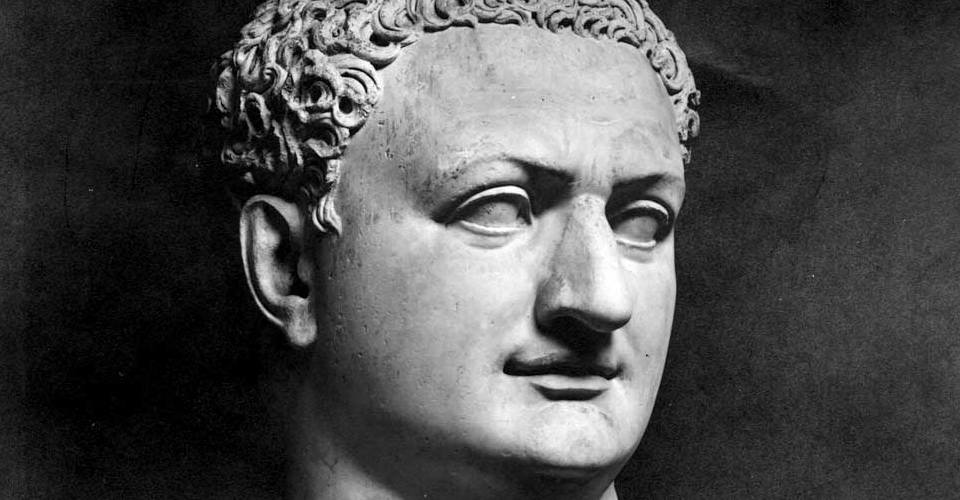Titus Flavius Caesar Vespasianus Augustus, better known simply as Titus.
His brief but illustrious reign, spanning from 79 to 81 AD, left an indelible mark on the Roman Empire and earned him a place among its most celebrated leaders. From military triumphs to humanitarian efforts, Titus's legacy is one of compassion, competence, and enduring achievement.
Early Life and Rise to Power
Born in 39 AD to the Emperor Vespasian and his wife Domitilla the Elder, Titus came from humble beginnings despite his noble lineage. He received a rigorous education in rhetoric, philosophy, and military strategy, laying the groundwork for his future as a statesman and military leader. Titus's rise to power was swift but not without challenges, as he navigated the turbulent waters of imperial succession following the death of his father in 79 AD.
Military Victories and Conquests
Titus's military prowess was evident from an early age, and he distinguished himself on the battlefield through a series of decisive victories. One of his most notable achievements was the suppression of the Jewish revolt in Judea, culminating in the Siege of Jerusalem in 70 AD. Under Titus's command, the Roman legions breached the walls of the city and sacked the Second Temple, cementing his reputation as a formidable military commander.
Humanitarian Efforts and Public Works
Despite his military successes, Titus was known for his compassion and generosity toward his subjects. He initiated several public works projects aimed at alleviating poverty and improving infrastructure throughout the empire. One of his most famous undertakings was the construction of the Flavian Amphitheatre, better known as the Colosseum, which remains an enduring symbol of Roman engineering and ingenuity.
Disaster Relief and Rebuilding Efforts
Titus's reign was marked by several natural disasters, including the eruption of Mount Vesuvius in 79 AD, which buried the cities of Pompeii and Herculaneum under a layer of volcanic ash. In response, Roman emperor Titus mobilized relief efforts and provided assistance to the survivors, earning praise for his swift and effective response to the crisis. He also oversaw the rebuilding of the devastated cities, demonstrating his commitment to the welfare of his people.
Cultural Patronage and Legacy
Titus was a patron of the arts and sciences, supporting poets, writers, and philosophers during his reign. He encouraged the flourishing of Roman literature and culture, fostering a golden age of creativity and intellectual achievement. Despite his relatively short time on the throne, Titus's legacy endured long after his death, inspiring future generations of leaders and leaving an indelible mark on the course of Western civilization.
The Golden Emperor's Enduring Legacy
Titus Flavius Caesar Vespasianus Augustus remains one of Rome's most beloved and revered emperors, celebrated for his military prowess, humanitarian efforts, and cultural patronage. His reign symbolizes a golden age of stability and prosperity in the Roman Empire, characterized by compassion, competence, and enduring achievement. As we reflect on Titus's legacy, we are reminded of the timeless virtues of leadership and the enduring impact of one man's vision on the course of history.




